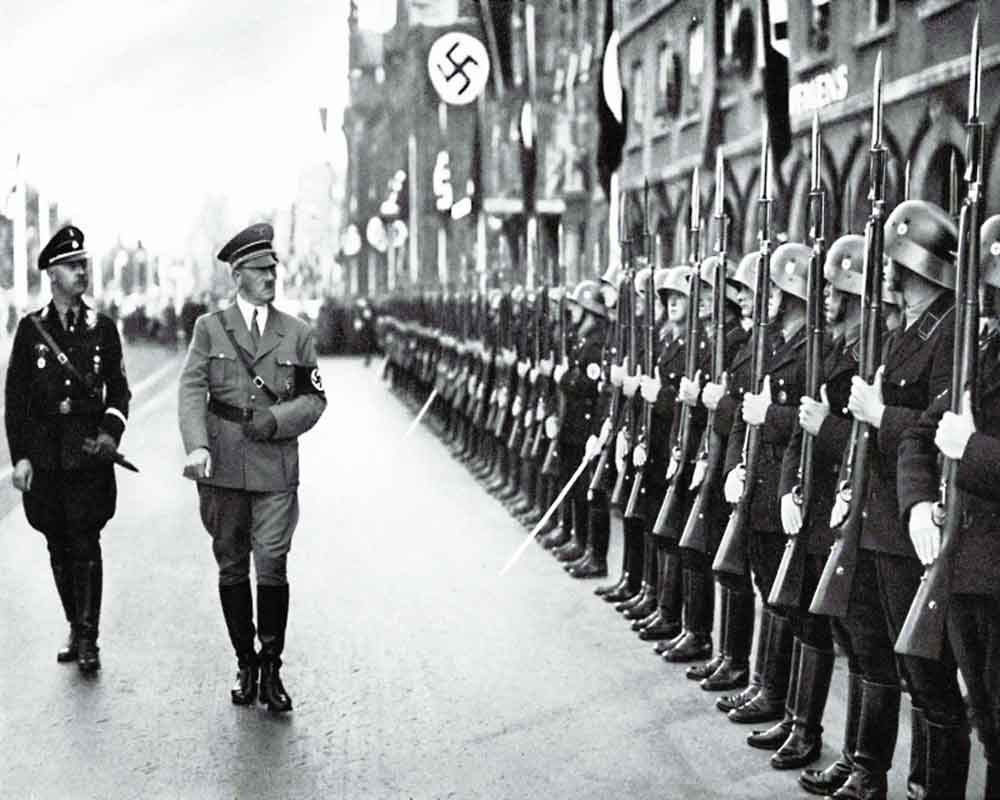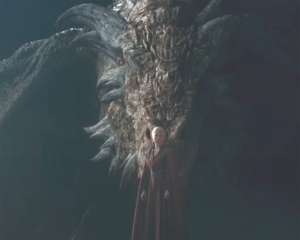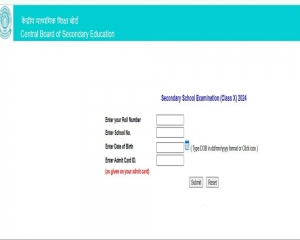The German dossiers give a vivid account of how its apolitical military was turned into a political weapon before WW2, rest as they say is history
It may seem bizarre, but if the Indian Military were in a boxing bout against the Modi Government, they would have been either out for the count or the referee would have stopped the contest on grounds of a technical knockout. What Pakistan or the PLA may only aspire to achieve, our politicians and civilian bureaucrats have done without getting blood on their hands.
It must be admitted though, that they had an unfair advantage. Many among the highest in the military, over the years, have found it easier to sway with the wind rather than stand firm against the hurricane attempting to debilitate and destroy long-held and cherished traditions of being an apolitical and secular institution dedicated to protecting this Nations sovereignty and democratic heritage.
How a relatively autonomous and professional institution that has been our Nation's anchor against all storms over the past seven decades has been brought to its knees, is best understood through the prism of history. Between 1st Sept 1939 and April 1940, the German Military, the Wehrmacht, ran through large swathes of Europe as a knife through butter, proving quite decisively that they were the pre-eminent and most powerful military of the time. That they were able to rise from the embers of their defeat in the First World War, despite the restrictions that the terms of the Treaty of Versailles enforced, was no mean feat. Credit must go to General Hans Von Seeckt, their Chief. But their actions also lay the seeds for the eventual destruction of the Wehrmacht.
From even before the days of Bismarck, the Wehrmacht's earlier iteration, the Reichswehr, had traditionally functioned as a "state within a state", wielding immense institutional autonomy. Following its defeat in the Great War, the much reduced Reichswehr continued to retain its traditional autonomous status.
As a matter of fact, by the early 1920s, General Seeckt, with the support of other serving generals, refused to accept the legitimacy of the Weimar Republic, whose President was Reichswehr's Commander-in-Chief and whose constitution it swore to defend. As a result, the High Command became increasingly partisan in its actions, a break from its apolitical traditions.
Its actions were motivated by the belief that the Treaty Of Versailles had been inherently unfair to Germany and that it could only get back its former glory by strengthening itself and resorting to another World War. Preparations for this required total militarisation of German society. A view that brought it closer to Nazi ideology. As Seeckt wrote after meeting Adolf Hitler in 1923, "We were one in our aim; only our paths were different".
In 1928, the civilian Defence Minister, Otto Gessler, was forced to resign due to a financial scandal. This weakened the already weak civilian control of the military, and in turn, led to further politicization of the military, as it became involved in issues that had little relevance to its functioning.
By the early 1930s, much military personnel expressed their admiration for Nazism, with some even joining the party, despite existing orders to the contrary. In fact, the military leadership developed secret ties with the SA and the other right-wing paramilitary groups, as the best alternative to conscription. By end of 1931, the military had seized power bringing an end to the Weimar Republic, with Field Marshal Hindenburg continuing as President and General Seeckt's successor, General Kurt von Schleicher, as the Chancellor.
Within a couple of years, due to rising opposition to General Schleicher, the military pressured the President to dismiss him and instead appoint Hitler as Chancellor. Despite their sympathy and approval of the Nazi regime, by 1934 the military leadership was at odds with senior members of the Nazi Party, in its efforts to preserve its autonomous status and avoid being absorbed by Ernst Rohm's much larger SA.
Ironically, its efforts at self-preservation involved further Nazification of its troops, which in turn eroded its' autonomy, and more significantly, the authority of its higher leadership. It was only a matter of time before the old guard was ejected by a new breed of officers, who understood that their personal ambitions and aspirations could only be realised by closer identification with Nazi ideology and Hitler's regime.
The consequences of their actions is not difficult to hazard. In May 1945, a total of 84 German Field Marshals and Generals had been executed on the orders of Hitler. Another ten were found guilty of their crimes against humanity at the Nuremberg trials and subsequently executed. What remains today of the Wehrmacht is just a pale shadow of the one that existed then.
There are many lessons here that any professional military can draw from it. More importantly, in our context, given that our military finds itself at a very unfamiliar crossroads, facing some very difficult choices ahead. The question before us is, will our military follow in their footsteps to fairly certain disasters, or will they stand up and fight to retain the values and traditions that have served us so well all these years?
(The writer, a military veteran, is a Visiting Fellow with the Observer Research Foundation and Senior Visiting Fellow with The Peninsula Foundation, Chennai. The views expressed are personal.)


























